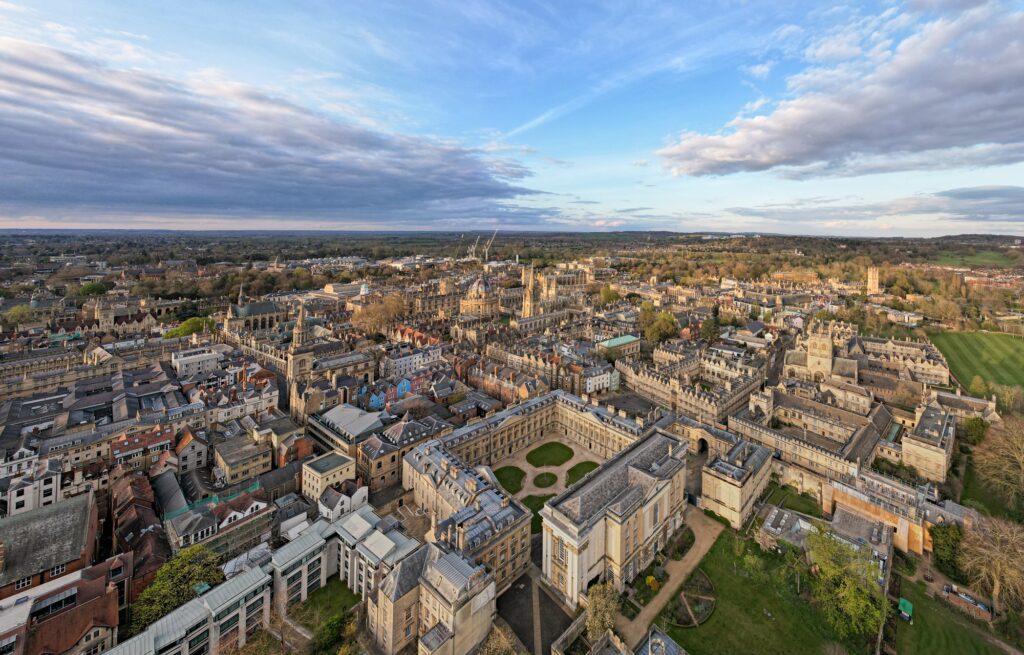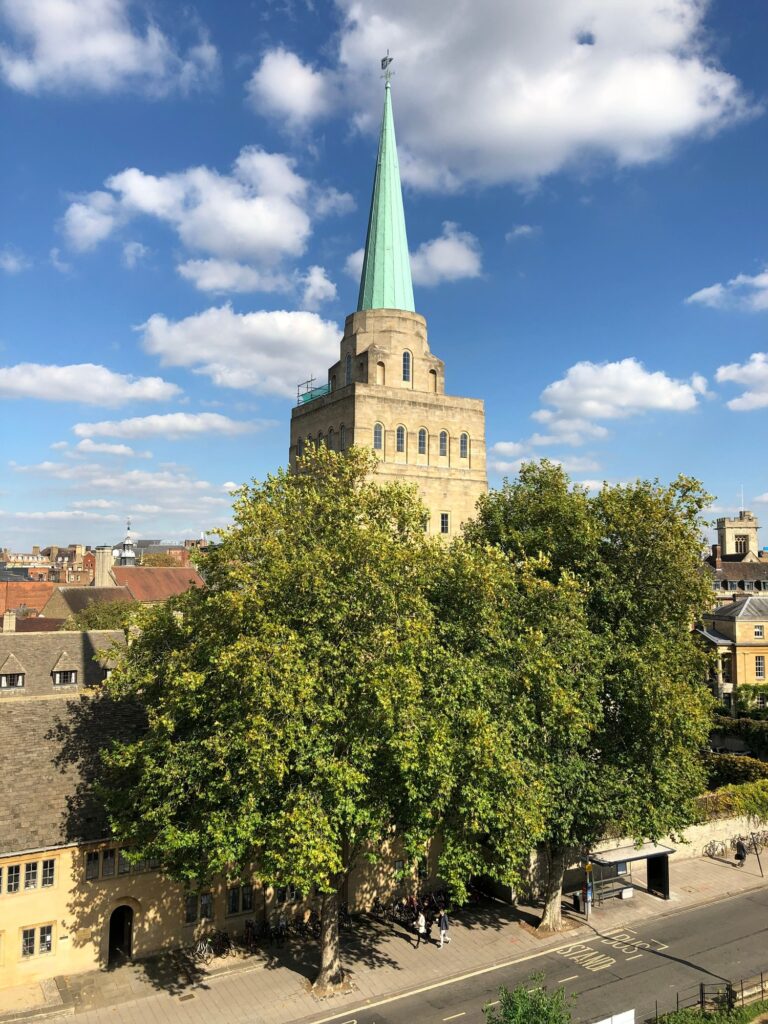Australia
Australia continues to be one of the most preferred study destinations for international students, and for good reason. From stunning beaches and safe cities to a welcoming multicultural society, Australia offers more than just a degree, it offers a memorable experience. Studying in Australia from Nepal is not just a dream; it’s a journey we’re here to help you start.
Renowned for its high-quality education system, globally ranked universities, and innovative teaching approaches, Australia is home to institutions like the University of Melbourne, Australian National University, and the University of Sydney. Degrees from Australian universities are recognized worldwide and open doors to global career opportunities.
Why Study in Australia?
Globally Ranked Universities
Australia boasts 9 universities in the QS World Top 100 and 6 cities in the QS Best Student Cities 2025.
High-Quality Education
Australian institutions are known for their research excellence, industry connections, and practical learning.
Post-Study Work Opportunities
Graduates can apply for the Temporary Graduate Visa (subclass 485), allowing up to 4 years of work depending on the qualification and location.
Multicultural and Safe Environment
With students from over 190 countries, Australia offers a welcoming and inclusive atmosphere.
Scholarships and Financial Support
Numerous scholarships are available from universities and the Australian government for international students.

Requirements to Study in Australia for Nepalese Students
To study in Australia, international students must meet a range of eligibility requirements. These include academic credentials, language proficiency, financial capability, and visa-related documentation. While general criteria apply to most institutions, some universities or courses may have specific requirements.
Academic qualifications
Students must meet the academic entry requirements for their course, which includes higher secondary degree for undergraduate and a recognized bachelor's degree for postgraduate studies. The institution and course must be CRICOS-registered and nationally recognized.
English Language Proficiency
International students are required to demonstrate proficiency in English through standardized tests such as IELTS, TOEFL, or PTE, depending on the institution’s criteria and course level.
Financial Requirements
Applicants must show evidence of sufficient funds to cover tuition fees, living expenses, travel costs, and Overseas Student Health Cover (OSHC) for the duration of their stay in Australia.
Genuine Temporary Entrant (GTE) statement
Students must provide a personal statement demonstrating that their intention to stay in Australia is genuine and temporary, with the commitment to return home after completing their studies.
Scholarships to Study in Australia for Nepalese Students
For Nepalese students considering higher education in Australia, it is of the utmost importance to assess the financial components associated with this decision. Along with tuition fees and living expenses, various other costs, such as textbooks, must be taken into account. Fortunately, there are numerous scholarships to provide financial aid for Nepalese students. Here is a list of scholarship in Australia:
|
Scholarship
|
Amount
|
Eligibility
|
|---|---|---|
|
Australia Awards
|
|
|
|
Endeavour Postgraduate Scholarship
|
|
|
|
International Postgraduate Research Scholarships (IPRS)
|
|
|
|
Research Training Program (RTP) Scholarships
|
|
|
|
University - specific Scholarships
|
|
|
|
Government and Private Organization Scholarships
|
|
|
| Scholarship | Amount | Eligibility |
|---|---|---|
| Australia Awards | ||
| Endeavour Postgraduate Scholarship | ||
| International Postgraduate Research Scholarships (IPRS) | ||
| Research Training Program (RTP) Scholarships | ||
| University - specific Scholarships | ||
| Government and Private Organization Scholarships |
Intakes in Australia
Australia offers three main intakes for international students.

February
Intake
(Semester 1)
- Primary intake with the widest course selection
- Application period: March – December 2024
- Classes begin: February 2025

July
Intake
(Semester 2)
- Secondary intake with a good range of UG & PG programs
- Application period: September 2024 – April 2025
- Classes begin: July 2025

November
Intake
(Trimester 3)
- Limited intake for select postgraduate and vocational programs
- Application period: May – August 2025
- Classes begin: November 2025
Popular Courses In Australia
Universities In Australia

University of Greenwich
London, UK
Oxford University
Cambridge, UK
University of Belfast
London, UK
Nuffield College
Cambridge, UKHave a Question?
FAQ
Our FAQ section is designed to make your journey easier. We’ve compiled answers to the most common questions. Still need help? Reach out any day of the week, and our team will get back to you within 24 hours.
Australia offers numerous benefits for international students. It has world-class universities, a high standard of education, a safe and welcoming environment, diverse cultural experiences, and excellent post-study work opportunities. The country’s vibrant lifestyle, stunning landscapes, and quality of life make it an attractive destination for education.
Australia has several top-notch cities known for their educational institutions. Melbourne, Sydney, Brisbane, Perth, and Adelaide are popular choices among students due to their reputable universities, diverse student communities, and cultural attractions. The choice of the finest place to study depends on individual preferences and the specific courses available at different universities.
Yes, English language proficiency is a requirement for studying in Australia. The International English Language Testing System (IELTS) is widely accepted as evidence of English proficiency by Australian universities. However, some institutions may accept other English language tests such as TOEFL or the Pearson Test of English (PTE) Academic. It’s important to check the specific language requirements of the chosen institution.
The English language proficiency requirements for studying in Australia vary depending on the course, level of study, and university. Generally, most universities require an IELTS overall band score of 6.5 or 7.0 for undergraduate programmes and 6.5 or higher for postgraduate programmes. However, specific band score requirements can differ, so it’s advisable to check the requirements of the desired institution and programme.
While studying in Australia can provide opportunities for obtaining permanent residency (PR), it is not automatic or guaranteed. Australia has various pathways for PR, such as skilled migration visas, employer sponsorship, or state or territory nominations. Meeting the eligibility criteria, including work experience, English language proficiency, and occupation demand, is essential. Obtaining PR after studying in Australia requires careful planning, meeting the visa requirements, and complying with immigration regulations. It’s advisable to consult with a qualified migration agent for personalised advice regarding PR pathways.
Want to Study in Australia?
Ready to make your Dream come true?
Get personalized counseling and find your ideal university.
Get personalized counseling and find your ideal university.
